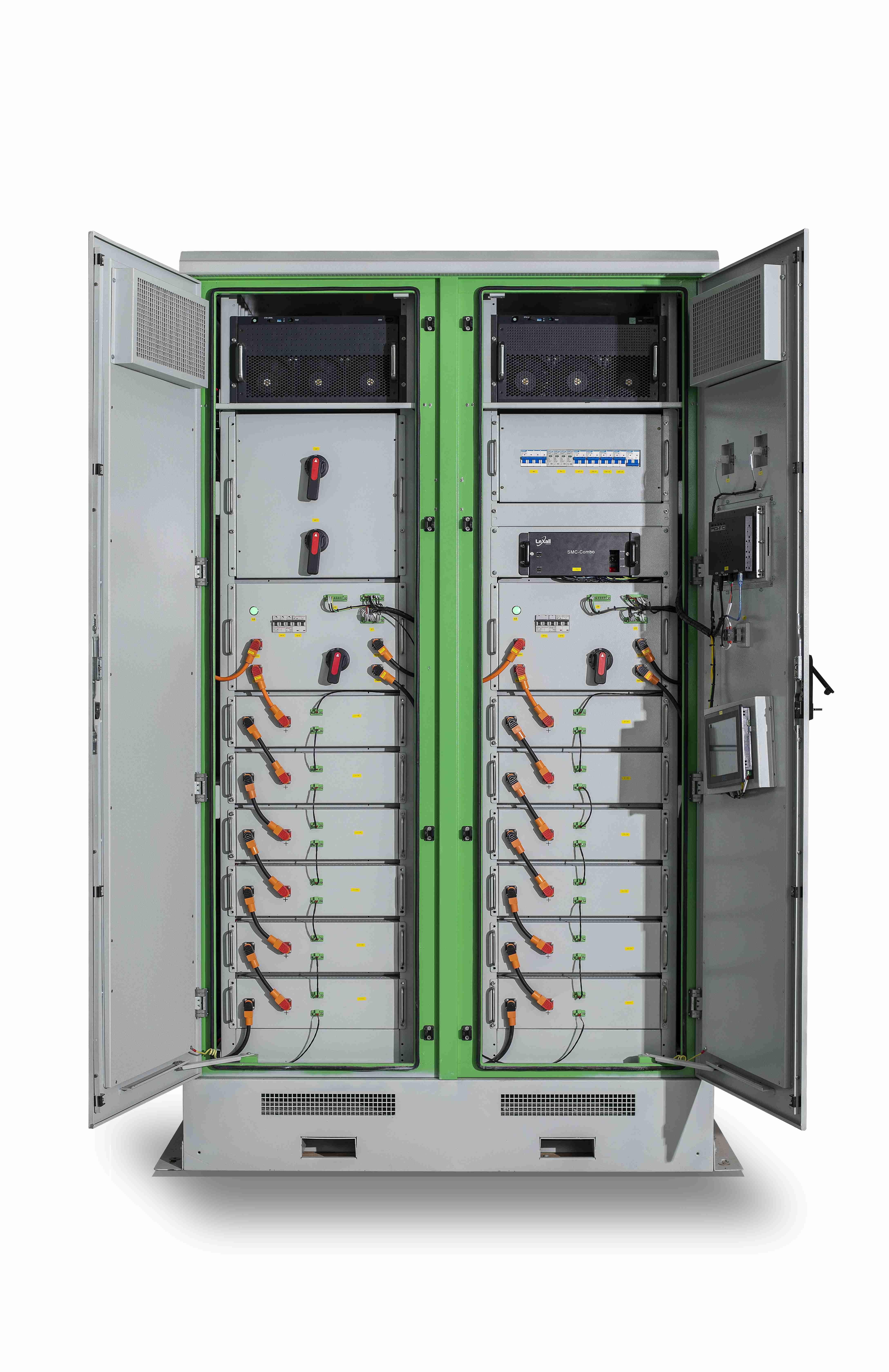
Dec . 27, 2024 21:46 Back to list
wholesale li-ion energy storage systems
The Rise of Wholesale Li-ion Energy Storage Systems
In recent years, the global energy landscape has undergone significant transformations, spurred by the growing demand for renewable energy and the urgent need to address climate change. Among the various technologies emerging to support this transition, wholesale lithium-ion (Li-ion) energy storage systems have gained considerable traction. These systems, characterized by their high efficiency, scalability, and relatively low costs, are playing a crucial role in modernizing the energy grid and ensuring a stable supply of electricity.
Understanding Li-ion Energy Storage Systems
Lithium-ion batteries are electrochemical devices that convert chemical energy into electrical energy. They are well known for their use in portable electronics, electric vehicles (EVs), and now increasingly in larger-scale applications such as energy storage systems. A wholesale Li-ion energy storage system typically consists of multiple battery units combined to store energy generated from renewable sources like solar and wind, allowing it to be dispatched when demand is high or supply is low.
Benefits of Wholesale Li-ion Energy Storage
1. Grid Stability One of the primary advantages of Li-ion energy storage systems is their ability to provide grid stability. These systems can quickly deliver electricity to the grid, helping to balance fluctuations in supply and demand. This is particularly critical as the share of intermittent renewable energy sources increases.
2. Cost Efficiency The cost of Li-ion batteries has decreased significantly over the past decade, making them a cost-effective solution for energy storage. According to industry reports, the price per kilowatt-hour has fallen by nearly 90% since 2010, enhancing the economic viability of large-scale storage projects.
3. Scalability Wholesale Li-ion systems can be easily scaled up or down based on the specific energy needs of a region. This flexibility allows for customized solutions tailored to various operational requirements, ranging from small community installations to large utility-scale projects.
4. Environmental Impact Transitioning to renewable energy sources and implementing energy storage systems supports the reduction of greenhouse gas emissions. By enabling more efficient use of renewables, Li-ion batteries contribute to sustainability efforts and help combat climate change.
Applications in the Energy Market
wholesale li-ion energy storage systems

Wholesale Li-ion energy storage systems have a wide range of applications in the energy market. These include
- Peak Shaving By storing energy during off-peak times and discharging it during peak demand, Li-ion systems help reduce the strain on the grid and lower energy costs for consumers and businesses.
- Renewable Integration These systems facilitate the integration of renewable energy sources into the grid by mitigating the intermittency associated with solar and wind power generation. This capability is essential for achieving renewable energy targets set by governments worldwide.
- Frequency Regulation To maintain the reliability of the electricity supply, grid operators require constant adjustments to frequency levels. Li-ion storage systems can provide rapid response capabilities, helping to stabilize frequency fluctuations.
- Microgrid Applications In remote areas where traditional grid access is limited, Li-ion storage can be integrated into microgrid systems, enabling communities to generate and store their own energy.
Challenges and Future Outlook
Despite their numerous advantages, wholesale Li-ion energy storage systems face several challenges. Issues such as the environmental impact of lithium extraction, battery recycling, and supply chain constraints must be addressed to sustain growth in this sector. Furthermore, regulatory frameworks need to evolve to fully support the deployment of energy storage technologies.
However, the future of Li-ion energy storage systems looks promising. As technological advancements continue, we can expect improvements in battery chemistry, safety, and longevity. Investments from both public and private sectors are expected to surge, leading to more innovative solutions and broader adoption of these technologies.
In conclusion, wholesale Li-ion energy storage systems are set to play a pivotal role in the global energy transition. By enabling the integration of renewable energy sources, enhancing grid reliability, and reducing emissions, these systems not only represent a key technological advancement but also align with the broader goals of environmental sustainability and energy independence. As the world moves toward a greener future, Li-ion energy storage will undoubtedly be at the forefront of this transformation.
-
AI-Optimized Energy Storage Cabinet | Efficiency & Safety
NewsAug.04,2025
-
Intelligent Energy Management with GPT-4 Turbo AI Optimization
NewsAug.03,2025
-
Advanced AI Energy Management with GPT-4 Turbo
NewsAug.02,2025
-
AI-Powered EMS with GPT-4-Turbo | Efficiency Boost
NewsAug.01,2025
-
Optimized Storage System for GPT-4-Turbo | High Performance
NewsJul.31,2025
-
AI Energy Management System w/ GPT-4 Turbo Efficiency
NewsJul.31,2025























